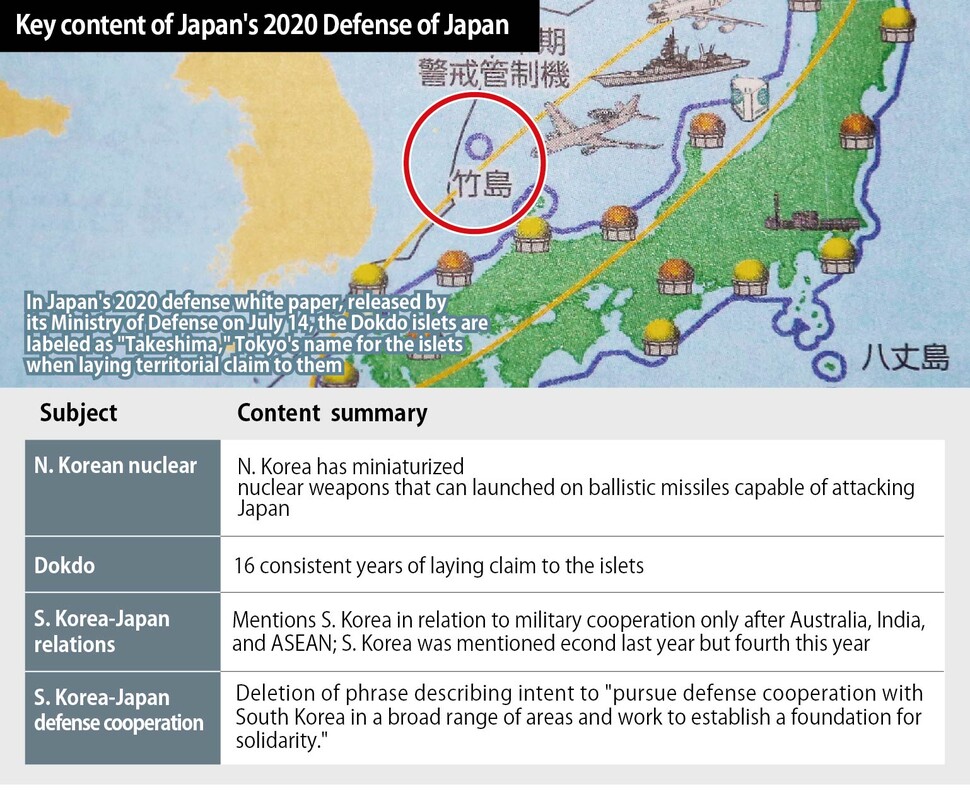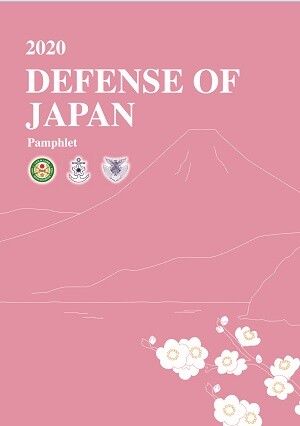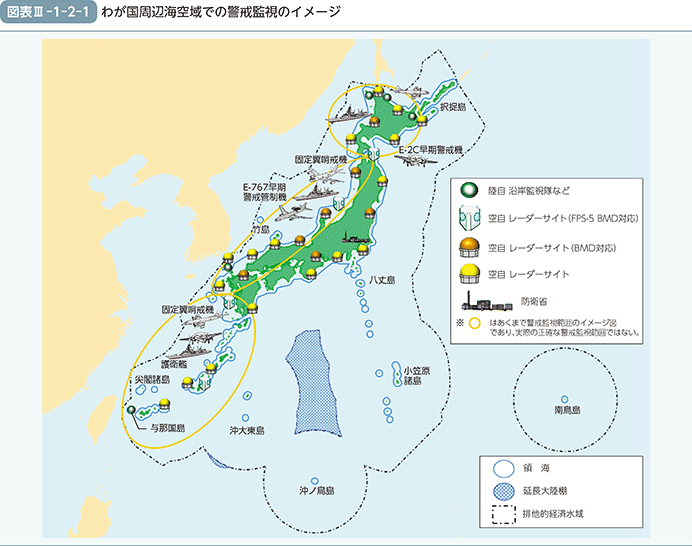hankyoreh
Links to other country sites 다른 나라 사이트 링크
Japan’s 2020 defense white paper says N. Korea has “capability to attack Japan”

Japan’s defense white paper for 2020 states that North Korea “is assessed to have already miniaturized nuclear weapons to fit ballistic missile warheads.”
While Japan’s characterizations of North Korea’s nuclear weapon capabilities have become more strongly worded over past years, this year marks the first mention of it “possessing the capability to attack Japan.”

The 2020 white paper, titled “Defense of Japan,” was adopted by the Japanese government at a July 14 Cabinet meeting presided over by Prime Minister Shinzo Abe. One notable aspect of the white paper is its emphasis on North Korea’s nuclear and missile capabilities posing a direct threat to Japan.
In past white papers, the Japanese Ministry of Defense (MOD) stated that North Korea “appears to have arrived at the stage of miniaturizing nuclear weapons and developing warheads.” The latest white paper characterizes the threat as much more substantive. As recently as 2018, the white paper stated that “it may be seen as possible that [North Korea] has arrived at the stage of nuclear weapon miniaturization and warhead development.”
The latest white paper explained, “In addition to the Rodong missile and Scud-ER that appear to have already been deployed, North Korea also appears to have already acquired the necessary technology for the ballistic missiles known as Pukguksong and Pukguksong-2, which have Japan within their firing range.” It also remarked on new tactical weapons that Japan has been regularly test-launching since last year, noting that their concealment and immediacy would make it difficult to detect signs of an imminent launch and that both South Korea and part of Japan appeared to fall within their firing range.
Analysts said Japan’s emphasis on the North Korean military threat in its 2020 white paper bears some connections with the “enemy base attack capabilities” that the Abe administration has been actively pursuing. If North Korea is capable of attacking Japan with ballistic missiles carrying nuclear warheads, this could potentially allow the administration to argue the need for the capabilities to attack the corresponding facilities before the missiles are launched. But the position is expected to raise controversy, with even members of Abe’s own Liberal Democratic Party (LDP) opposing the capability to attack enemy bases as being in violation of Japan’s Peace Constitution. Security cooperation between South Korea and Japan also appears unlikely to proceed smoothly.

After a 42-page explanation concerning the US-Japan alliance, the MOD’s white paper goes on to explain about other countries cooperating with Japan in the areas of national security and defense. South Korea is mentioned fourth after Australia, India, and the countries of ASEAN (the Association of Southeast Asian Nations). While the MOD has mentioned South Korea second as recently as 2018, it was pushed down to fourth as of last year in a move that analysts read as signaling an attempt to downplay its relative importance. The 2020 white paper also deletes a passage from last year emphasizing the intention to “pursue defense cooperation with South Korea in a broad range of areas and work to establish a foundation for solidarity.”
The 2020 white paper further includes claims that Dokdo is Japanese territory. “Territorial issues concerning the Northern Territories [the four southernmost Kuril Islands] and Takeshima [Dokdo], which are inherently [Japanese] territory, remain unresolved,” it reads. The white papers have included claims of Dokdo as Japanese territory for the past 16 years since they were first added by the Junichiro Koizumi administration in 2005.
In response, the South Korean government issued a statement calling Japan’s claims “unjust and preposterous” and “in no way conducive to the ROK-Japan relationship.” The South Korean Ministry of Foreign Affairs (MOFA) and Ministry of National Defense (MND) respectively summoned a senior diplomat and military attaché from the Japanese Embassy in Seoul to protest and urge the “immediate retraction” of content including the territorial claims concerning Dokdo.
By Kim So-youn and Noh Ji-won, staff reporters
Please direct comments or questions to [english@hani.co.kr]

Editorial・opinion
![[Column] Life on our Trisolaris [Column] Life on our Trisolaris](https://flexible.img.hani.co.kr/flexible/normal/500/300/imgdb/original/2024/0505/4817148682278544.jpg) [Column] Life on our Trisolaris
[Column] Life on our Trisolaris![[Editorial] Penalties for airing allegations against Korea’s first lady endanger free press [Editorial] Penalties for airing allegations against Korea’s first lady endanger free press](https://flexible.img.hani.co.kr/flexible/normal/500/300/imgdb/original/2024/0502/1817146398095106.jpg) [Editorial] Penalties for airing allegations against Korea’s first lady endanger free press
[Editorial] Penalties for airing allegations against Korea’s first lady endanger free press- [Editorial] Yoon must halt procurement of SM-3 interceptor missiles
- [Guest essay] Maybe Korea’s rapid population decline is an opportunity, not a crisis
- [Column] Can Yoon steer diplomacy with Russia, China back on track?
- [Column] Season 2 of special prosecutor probe may be coming to Korea soon
- [Column] Park Geun-hye déjà vu in Yoon Suk-yeol
- [Editorial] New weight of N. Korea’s nuclear threats makes dialogue all the more urgent
- [Guest essay] The real reason Korea’s new right wants to dub Rhee a founding father
- [Column] ‘Choson’: Is it time we start referring to N. Korea in its own terms?
Most viewed articles
- 1New sex-ed guidelines forbid teaching about homosexuality
- 2OECD upgrades Korea’s growth forecast from 2.2% to 2.6%
- 3[Column] Life on our Trisolaris
- 460% of young Koreans see no need to have kids after marriage
- 5Months and months of overdue wages are pushing migrant workers in Korea into debt
- 6Inside the law for a special counsel probe over a Korean Marine’s death
- 7Korean government’s compromise plan for medical reform swiftly rejected by doctors
- 8[Guest essay] Maybe Korea’s rapid population decline is an opportunity, not a crisis
- 9Trump asks why US would defend Korea, hints at hiking Seoul’s defense cost burden
- 10Two lung cancer deaths at Samsung Electronics deemed occupational in nature